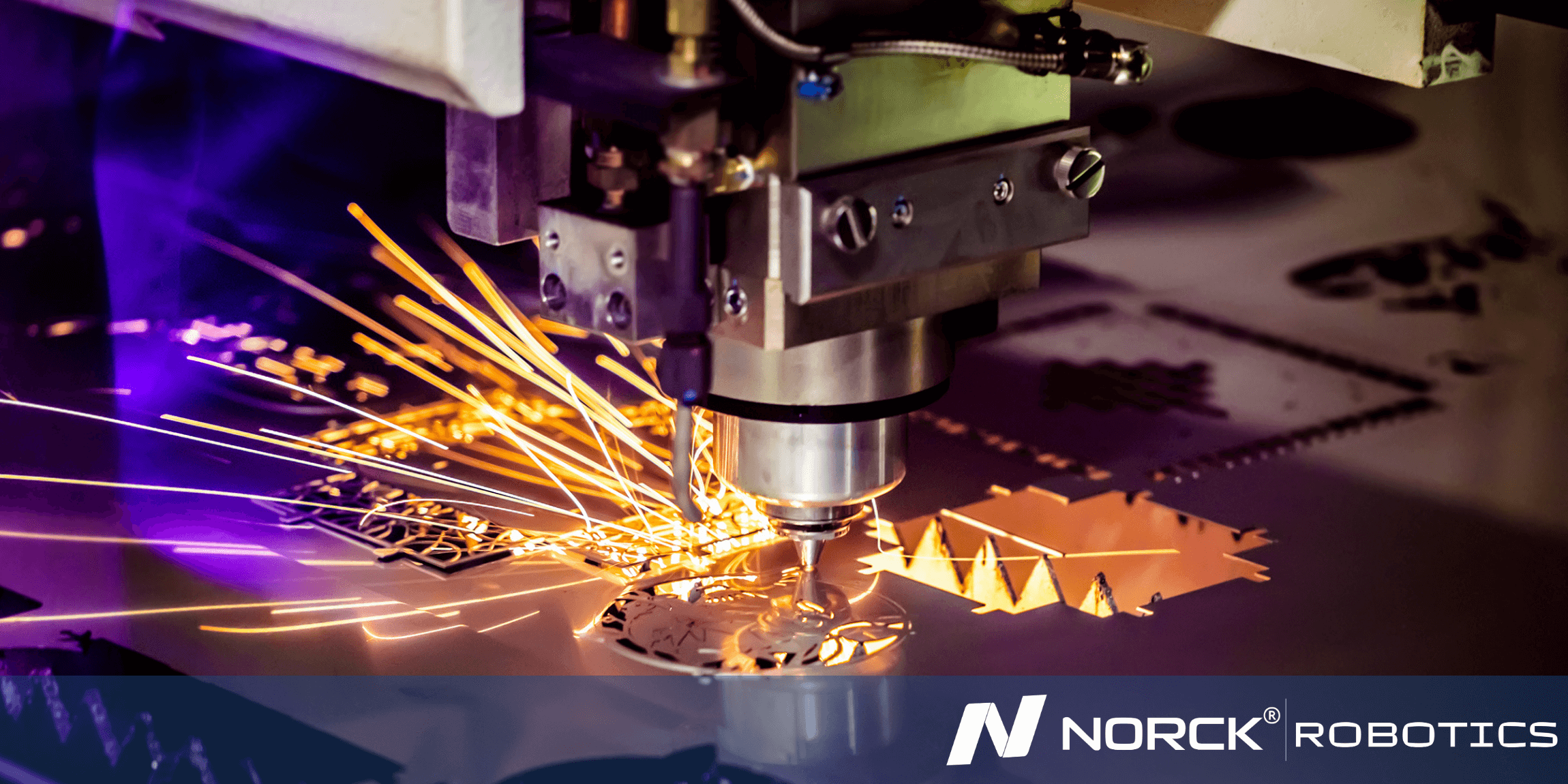
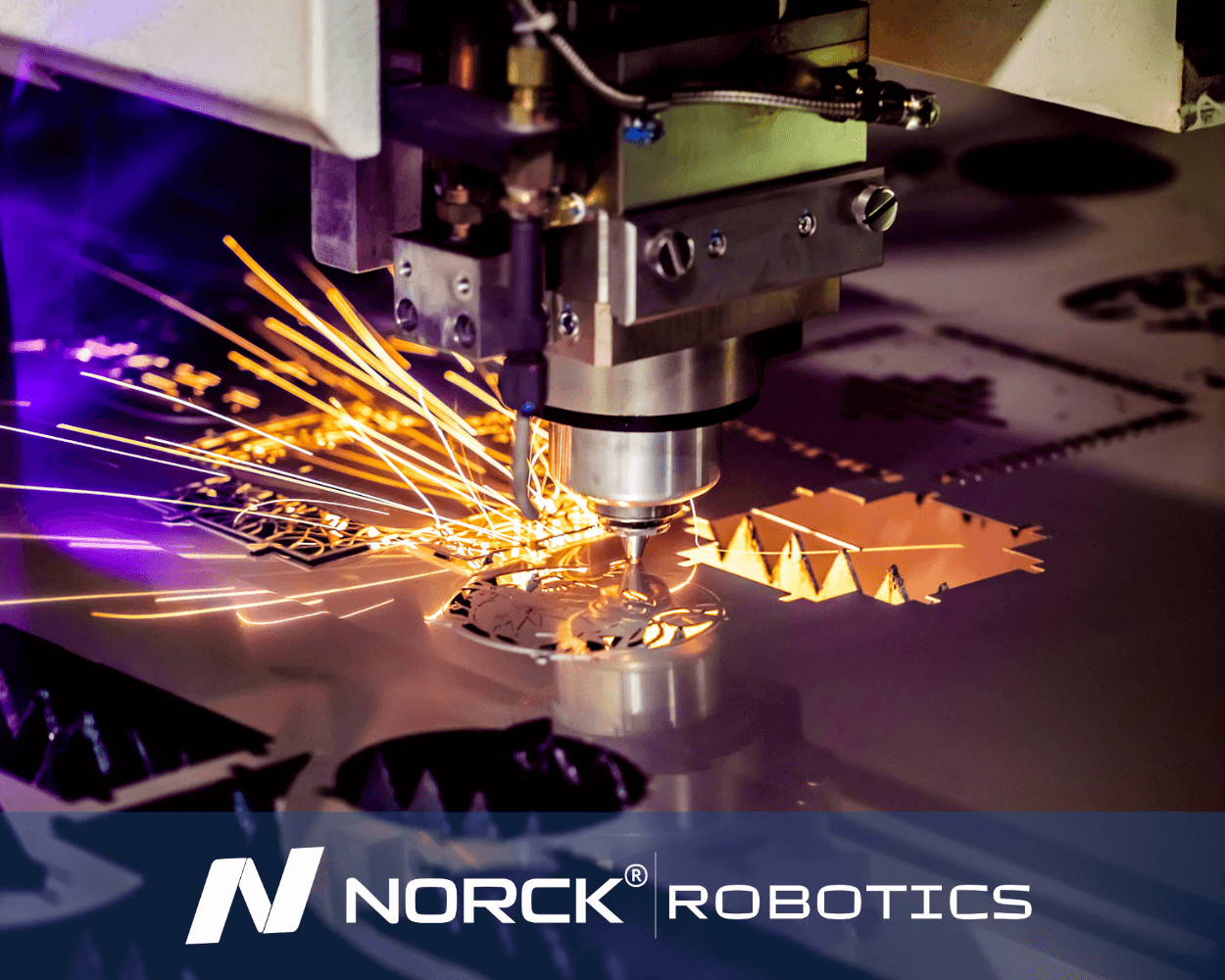
CNC machining is one of the most widely used subtractive manufacturing methods, where material is removed from a solid block using computer-controlled cutting tools. Unlike additive processes, which build parts layer by layer, CNC machining delivers exceptional accuracy, tight tolerances, and superior surface finishes directly from a digital design. This makes it the preferred choice for both prototyping and production in industries such as aerospace, robotics, automotive, and medical devices. Norck leverages precision CNC machining to create reliable, high-performance parts that meet demanding industrial requirements.
Ready to automate your future? Get a quote from Norck Robotics now!
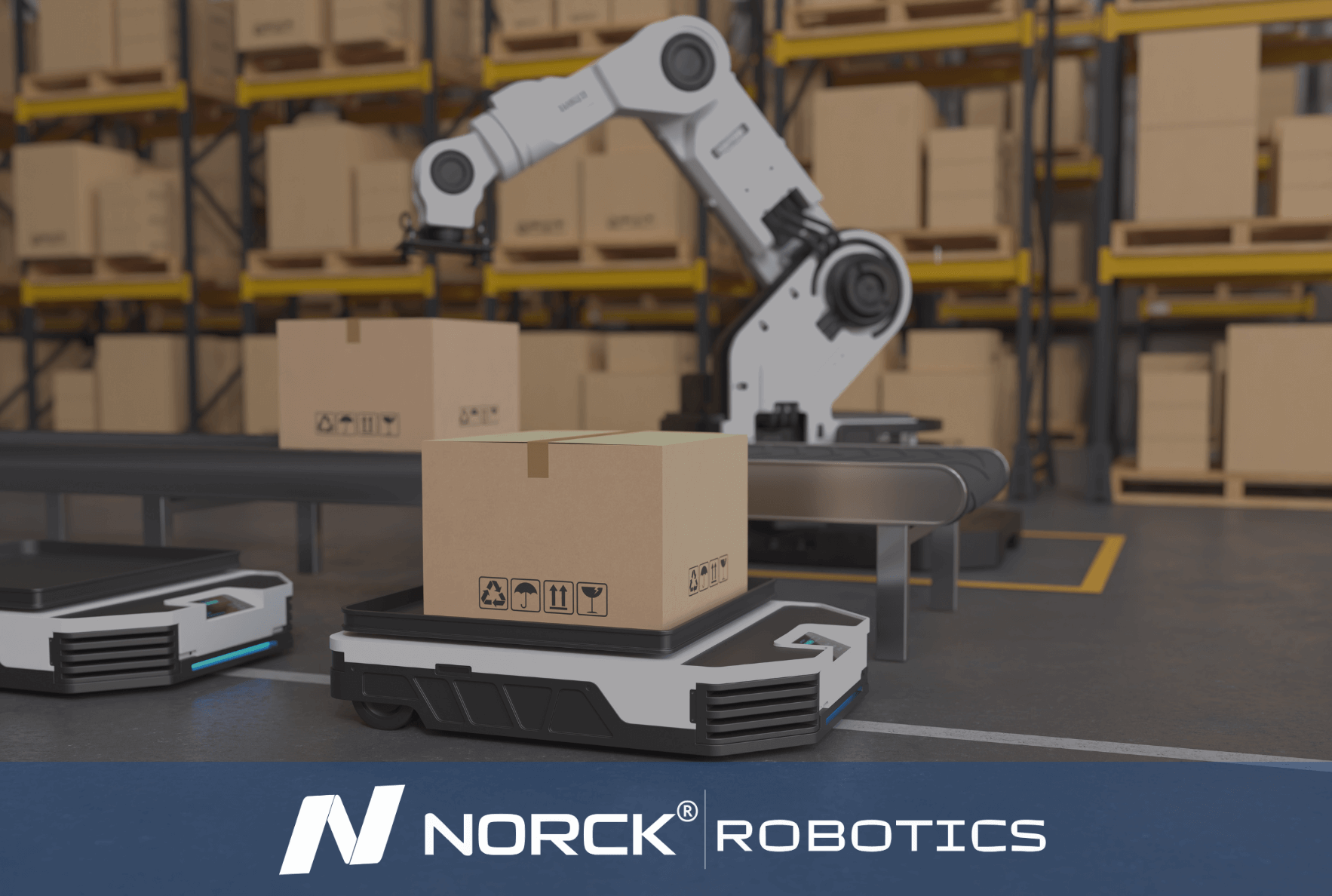
Norck Robotics specializes in providing unique robotic automation and engineering solutions designed to meet the specific operational needs of each client. Our expertise covers a wide range of industries and applications.
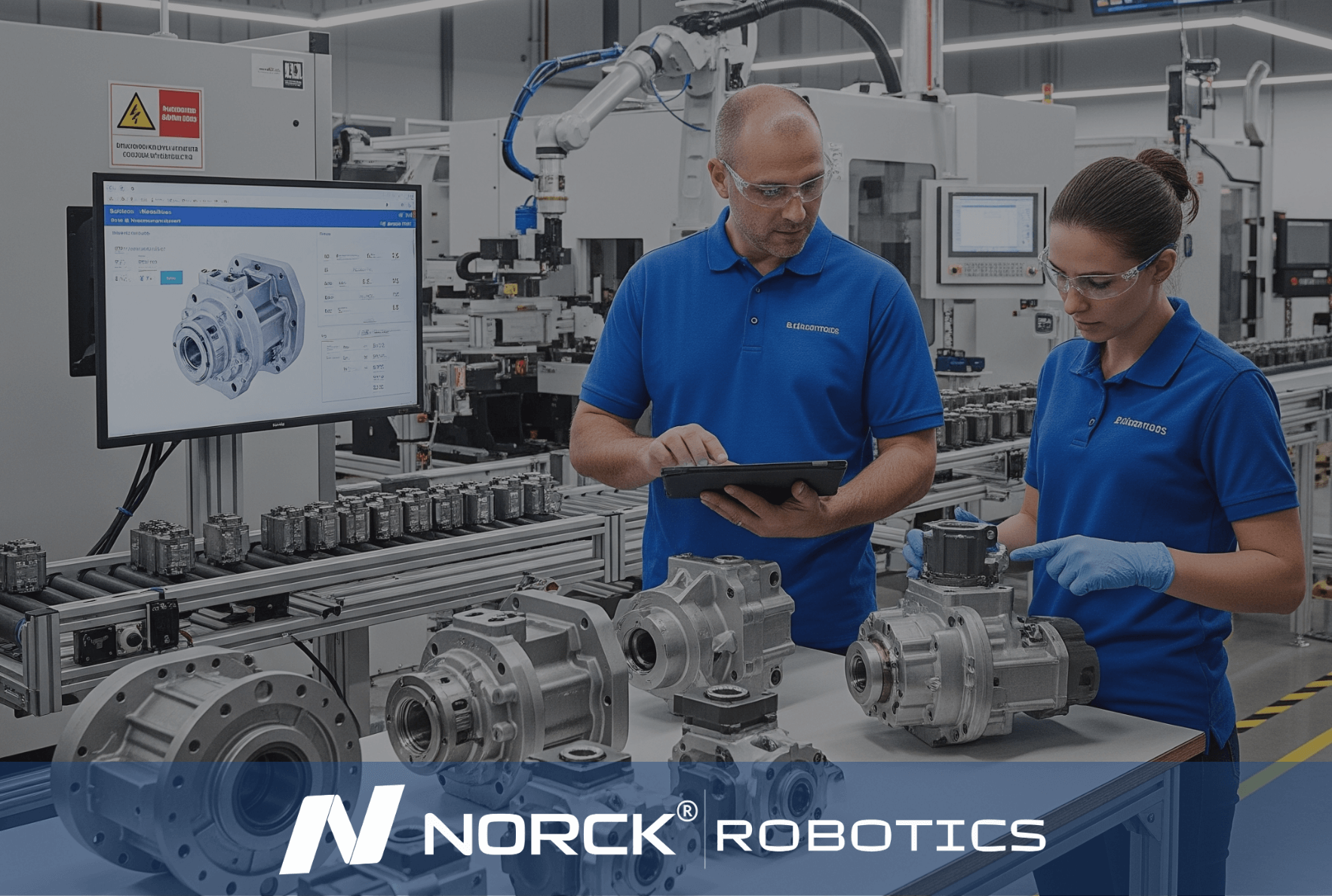
Norck Robotics delivers turnkey robotic automation and engineering solutions tailored to your specific needs across various industries.

Whether you need a single robotic cell prototype or full-scale factory automation, Norck Robotics engineers are ready to collaborate with you to bring your concept to life.
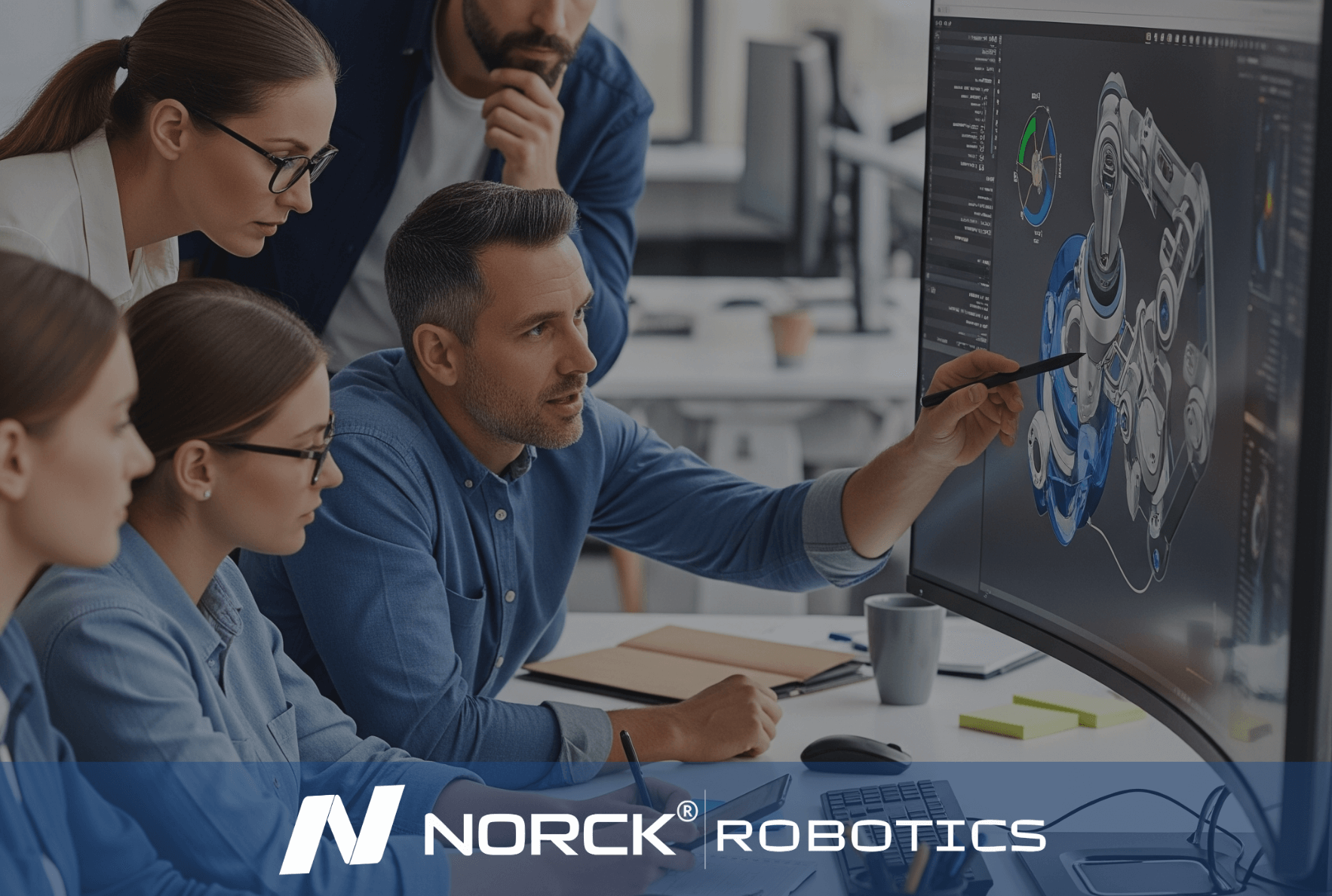
Norck Robotics engineers analyze your existing processes to provide feedback that enhances efficiency, cost-effectiveness, and productivity for robotic integration.
5-axis CNC milling is an advanced machining method that allows the tool to move simultaneously across three linear axes (X, Y, Z) and two rotational axes (A, B). This expanded range of motion enables machining highly complex geometries, undercuts, and multiple surfaces in a single setup, reducing handling time and improving accuracy. Aluminum is frequently chosen for this process because of its lightweight strength, excellent machinability, and corrosion resistance, making it ideal for robotics and automation components where precision and efficiency are essential.
More movement freedom, fewer setups, greater precision.
Complex contours, undercuts, faster cycle times, superior surface finishes.
Aerospace, robotics, automotive, and precision machinery parts.
Lightweight yet strong, corrosion resistant, easy to machine, cost-effective.
Precision micro-machining focuses on creating extremely small features and parts with micron-level tolerances, which are critical in industries where size, accuracy, and reliability directly impact performance. This process requires specialized CNC machines with ultra-stable spindles, micro-scaled cutting tools, and advanced feedback controls. The result is highly accurate miniature components that support innovation in fields like electronics, medical technology, aerospace, and optics. Even the smallest dimensional variations can determine whether a component functions correctly, making micro-machining an indispensable capability.
Micro-sensors, medical implants, microfluidic chips, optical/photonic parts, MEMS devices, aerospace micro-valves.
Tolerances as tight as ±1–5 µm; surface finishes Ra < 0.1 µm.
Uses micro-end mills, drills, and ultra-stable spindles.

In addition to its own expert engineering team, Norck Robotics provides access to a network of hundreds of top-tier system integrators, robot manufacturers, and component suppliers across the United States, Germany, and Europe.

Working with Norck Robotics reduces dependency on manual labor, increases production consistency, and secures your operations against unforeseen disruptions, quality issues, and fluctuations. This enhances your company's supply chain resilience.
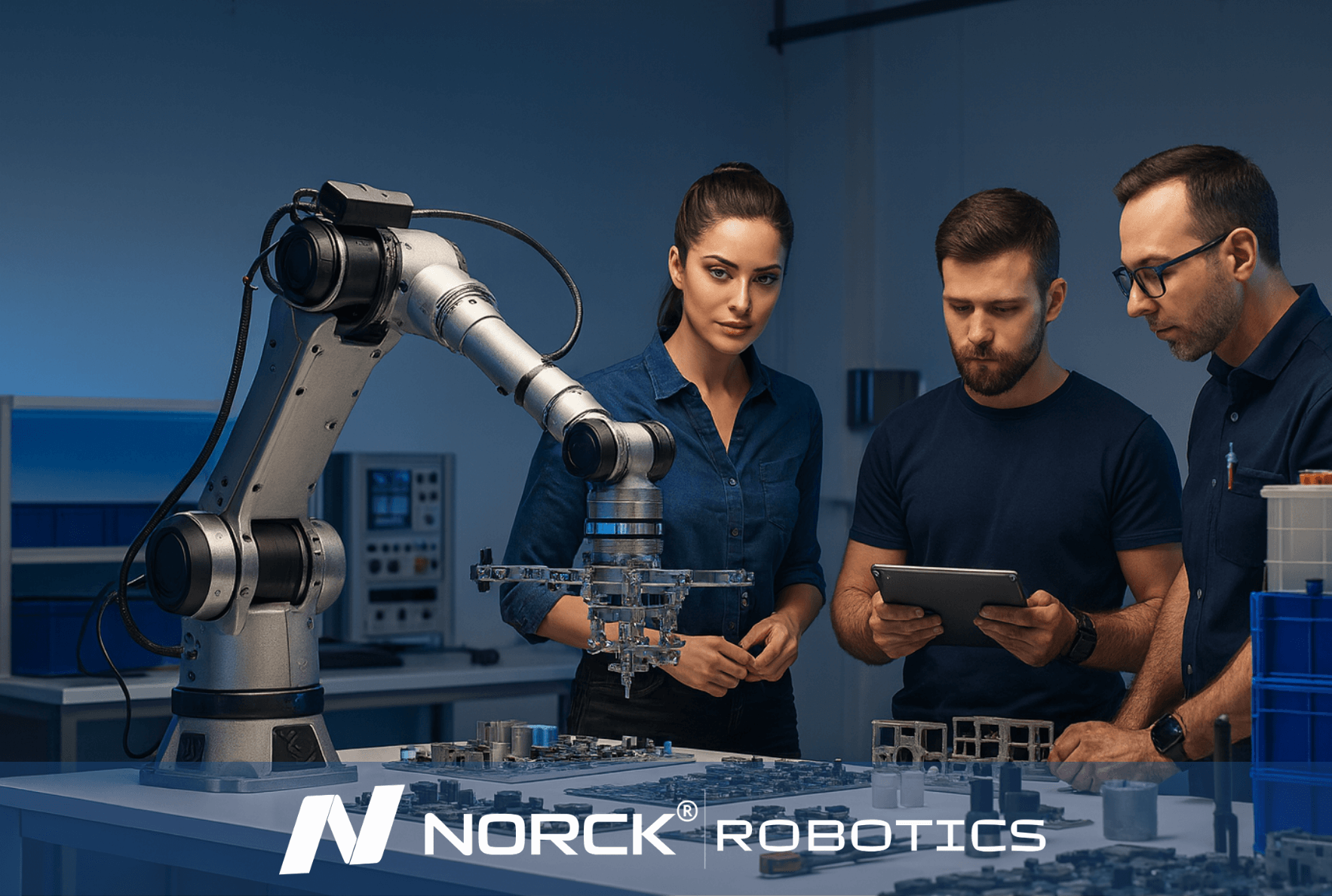
Norck Robotics advances digital automation by developing custom-designed robot grippers, advanced vision systems, and innovative simulation software. With an AI-driven, data-centric approach, it enables smarter system design, optimal performance, and predictive maintenance solutions.
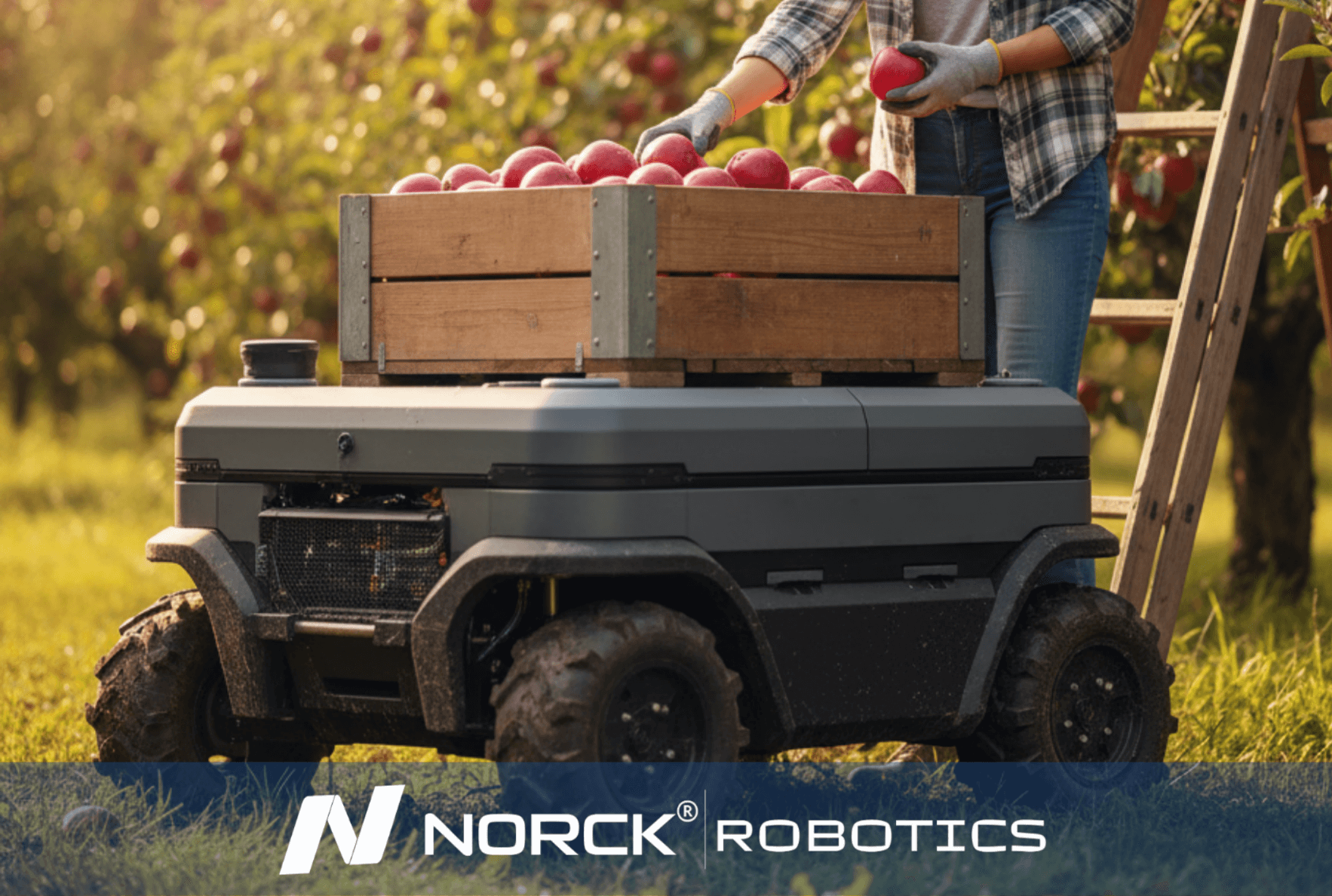
Norck Robotics encourages its partners to be carbon-neutral by reducing energy consumption and material waste through the efficiency of robotic automation, and prioritizes environmentally conscious suppliers.
CNC turning specializes in producing cylindrical parts such as shafts, pins, and bushings by rotating the workpiece against a stationary cutting tool. These components are essential in mechanical assemblies, as shafts transmit motion or torque while bushings reduce friction, wear, and misalignment. Together, they ensure smooth, controlled, and reliable operation in machines ranging from industrial automation equipment to vehicles and robotics. Material selection is key, balancing strength, wear resistance, weight, and environmental durability to meet specific application needs.
Shafts transmit torque/motion; bushings reduce friction and maintain alignment.
Rotating assemblies, linear guides, bearings, machinery.